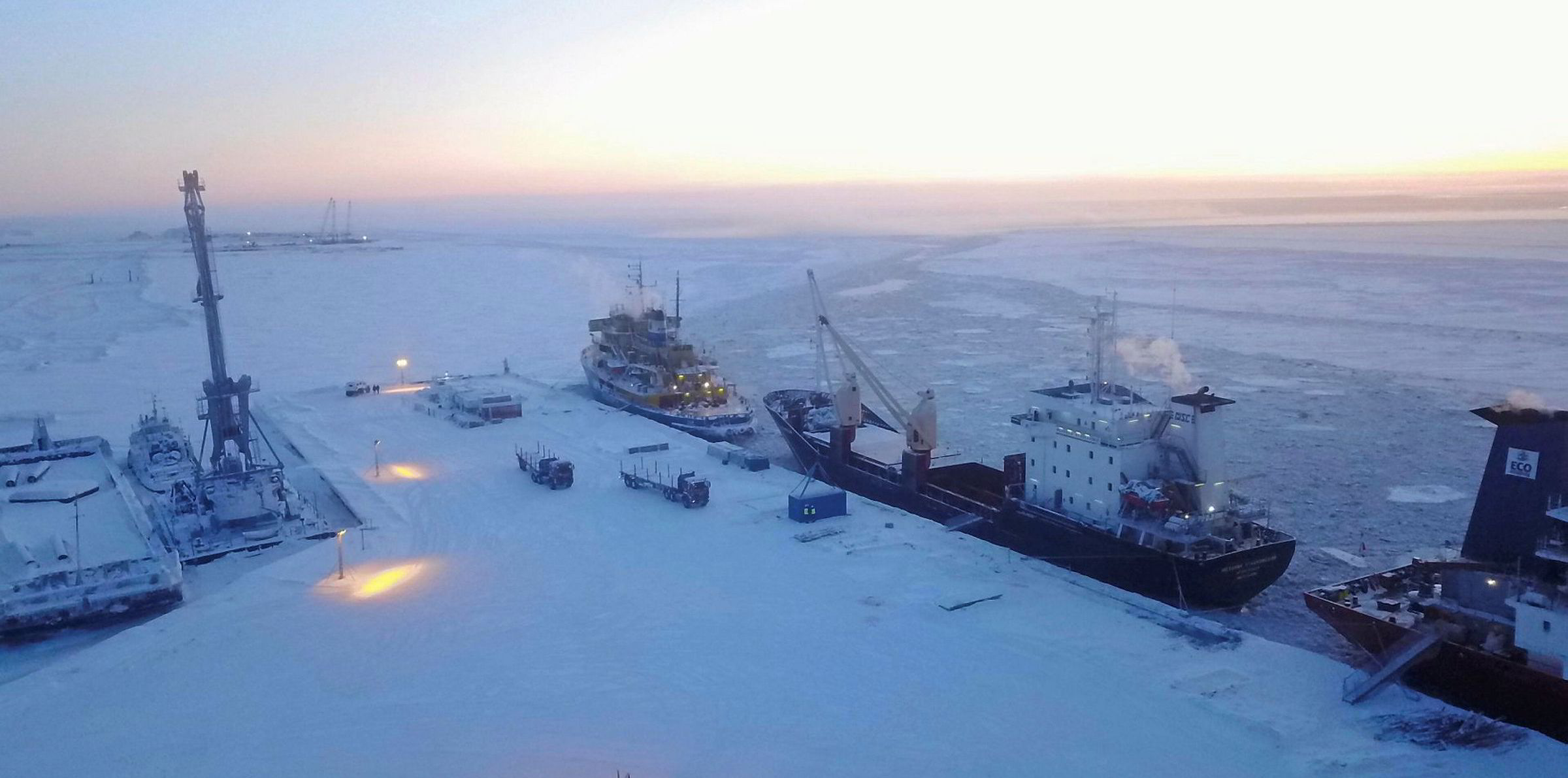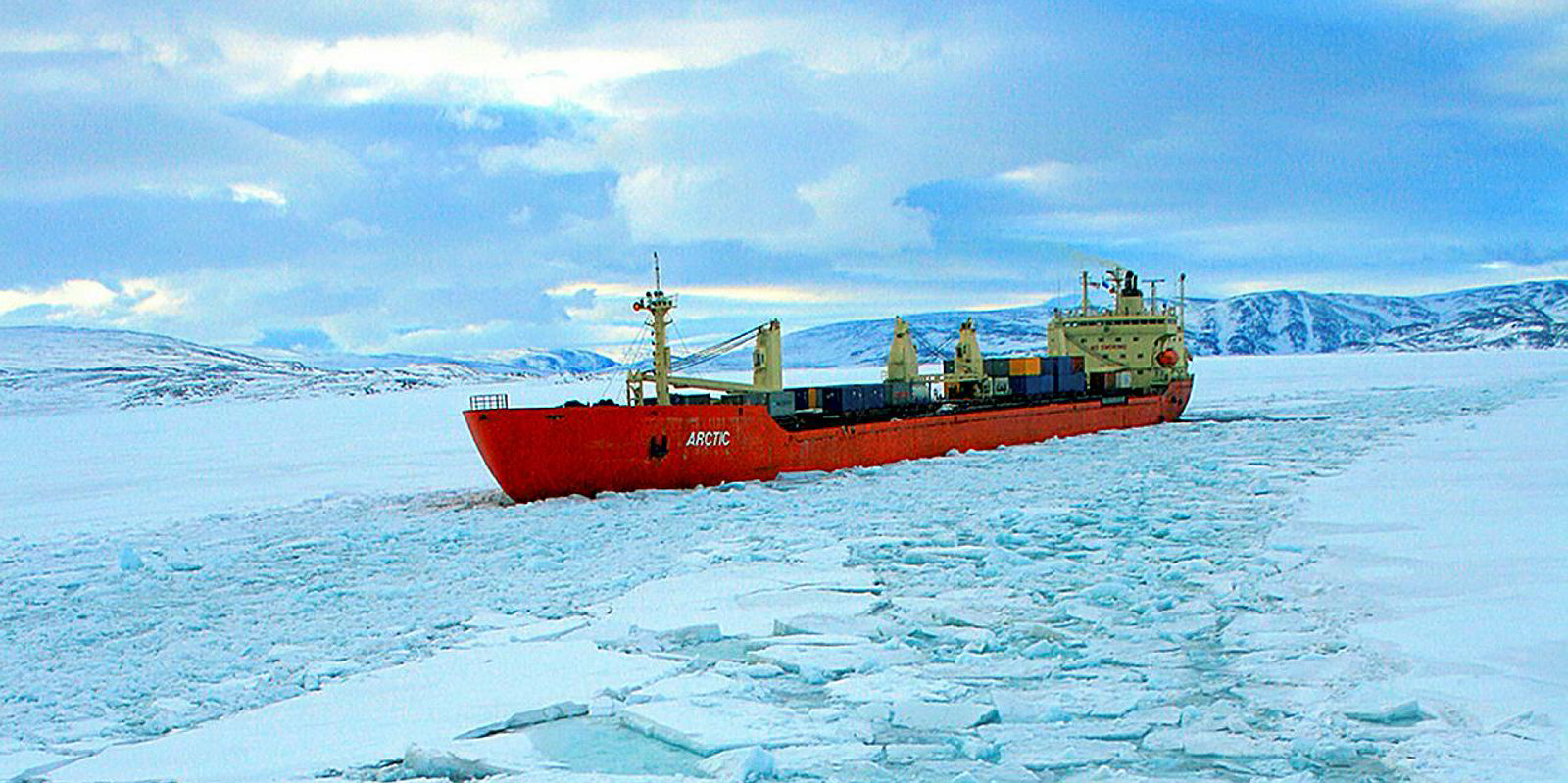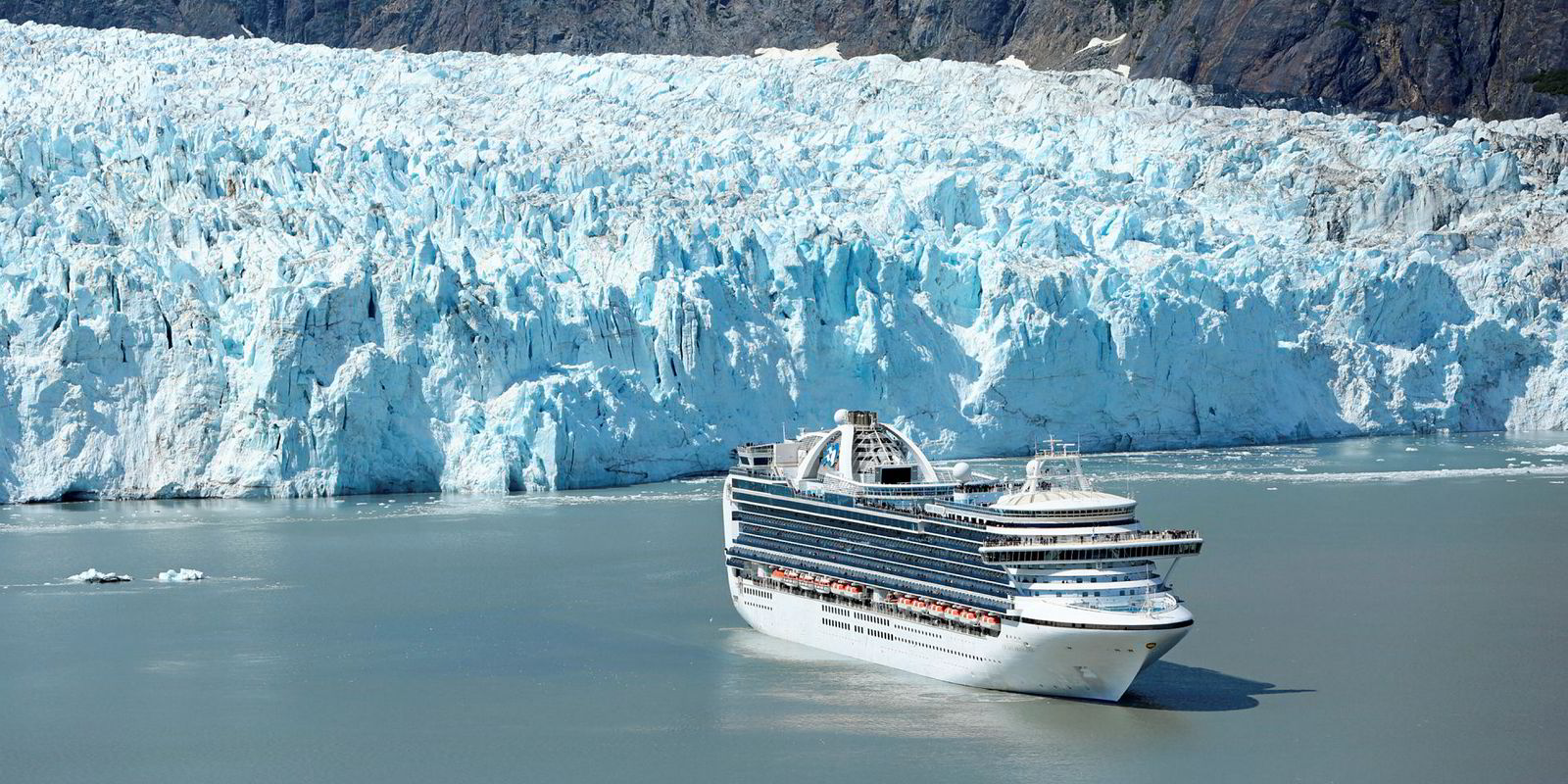Environmental groups have lashed out at the International Maritime Organization’s proposed ban on heavy fuel oil (HFO) in the Arctic, saying the regulation would be “in name only” due to a large number of waivers and exemptions.
In February, members of the United Nations body agreed on draft rules to prevent using and carrying HFO in the environmentally sensitive region from July 2024.
But ships that meet specified construction standards to protect fuel tanks can continue to burn HFO until 2029. Vessels involved in safety operations and oil pollution prevention are also exempt.
In addition, countries that border the Arctic region may waive the regulation for ships operating under their national flags.
In a recent study, the International Council on Clean Transportation (ICCT) found that the proposed ban would allow 74% of the HFO-fuelled fleet to continue to use the fuel in the Arctic.
When the ban comes into force, HFO carriage would only fall by 30%, consumption by 16% and black carbon emissions by 5% from 2019, the ICCT said.
Russian-flagged ships used 287,000 tonnes of HFO in 2019, representing about two-thirds of the total consumption in the Arctic in 2019. Only 7,000 tonnes of the consumption would be prohibited if the proposed regulation is adopted.
Weak regulation
Clean Arctic Alliance lead advisor Sian Prior said: “It’s clear the IMO’s proposed ban on HFO use in the Arctic is a ban in name only.”
The proposed rules could result in lower standards being applied to ships flying Arctic coastal state flags and greater risks in the vulnerable inshore waters that are most important for indigenous communities, Prior added.
“If an Arctic country can waive the ban for its own ships, but is required to enforce the ban for all ships flying other flags in their waters, an unlevel playing field will have been created,” he said.
“In addition, since the exemptions apply to newer ships, the continued use and carriage of HFO in the Arctic is likely to increase after the ban takes effect, as older ships are removed from the fleet and newer ships with protected fuel tanks replace them.
“This is simply not good enough, it doesn’t provide the Arctic, its ecosystem, wildlife and communities with the protection it so desperately needs.”
New ideas
Scientists have long believed that in the Arctic, HFO spills would be difficult to clean up and black carbon emissions from burning the fuel could contribute to global warming and air pollution disproportionately.
In a virtual meeting of the Marine Environment Protection Committee between 16 and 20 November, member states of the IMO are set to formalise the HFO ban as part of Marpol Annex I.
“Policymakers should consider how the proposal could be modified to ban a larger share of HFO carriage and use in the Arctic,” the ICCT said.
Its study suggested that eliminating the exemptions and limiting the waivers to internal waters and territorial seas would ban 70% of HFO carriage and 75% of consumption, and it would cut black carbon emissions by 22%.
“This alternative may strike a balance between allowing HFO to be carried and used for domestic shipping, including community resupply, while banning a significant amount of HFO carriage and use in the rest of the Arctic ocean,” the ICCT said.







